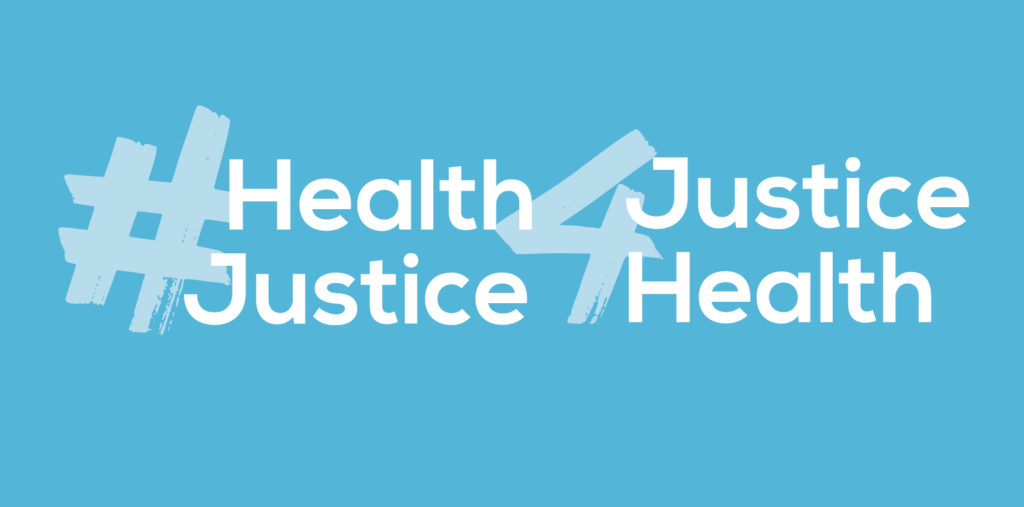International Day Against Drug Abuse and Illicit Trafficking
Background
By resolution 42/112 of 7 December 1987, the General Assembly decided to observe 26 June as the International Day against Drug Abuse and Illicit Trafficking as an expression of its determination to strengthen action and cooperation to achieve the goal of an international society free of drug abuse.
Supported each year by individuals, communities and various organizations all over the world, this global observance aims to raise awareness of the major problem that illicit drugs represent to society. Moreover, on 26 June, the United Nations Office on Drugs and Crime launches its 2019 World Drug Report (https://wdr.unodc.org/wdr2019/) which on an annual basis provides the international community with an update on the latest trends and developments in the area of production and trafficking of illicit drugs, world drug use as well as prevention and treatment.
The theme for the 2019 World Drug Day is Health for Justice. Justice for Health. The theme highlights that justice and health are two sides of the same coin when it comes to addressing drug problems.
Effective responses to the world drug problem require inclusive and accountable institutions of criminal justice, health and social services to work hand in hand to provide integrated solutions, in line with the international drug control conventions, human rights obligations and the Sustainable Development Goals.
The campaign emphasizes that a comprehensive approach to drug prevention and treatment needs to integrate questions of justice and health. More specifically, the campaign seeks to promote the following objectives: The campaign includes the following three sub-themes:
- People getting the treatment they need
To give those who need treatment access to it, institutions of justice and health need to work closely together. This applies to supporting prevention and treatment services regarding drug use and HIV in communities and in prisons; to providing gender- and age-sensitive responses without stigma or discrimination; and to public health responses to drug use that enable effective alternatives to punishment and imprisonment in line with the international drug control conventions.
- Connecting drug prevention, social inclusion and protection
Strengthening connectedness and communication in families, schools and communities can increase youth resilience and support rehabilitation and reintegration, thereby also helping to prevent crime and violence.
- Building knowledge for justice and health
Evidence-based solutions and research and analysis are needed to understand the problem, inform decision makers, enable international cooperation and agree on solutions. The World Drug Report is a global resource that provides this kind of information for health and criminal justice responses to drugs.
Relevance to Nigeria
Nigeria is a party to all the three International Conventions aimed at addressing the world drug problem. Already more than two decades ago the country has domesticated the conventions and has put in place the legal and institutional framework to tackle drug trafficking as well as to prevent drug use and to offer counselling and treatment to drug users.
Despite these efforts drug use is at overwhelming levels, as a recent study conducted by the National Bureau of Statistic with the support of UNODC and funder by the European Union showed (https://www.unodc.org/documents/data-and-analysis/statistics/Drugs/Drug_Use_Survey_Nigeria_2019_Exsum.pdf). The past year prevalence of any drug use in Nigeria is estimated at 14.4 percent compared to the global annual prevalence of 5.6 percent among adult population.
What: International Day Against Drug Abuse and Illicit Trafficking (World Drug Day 2019)
When: Wednesday, 26 June 2019
Time: 10:00am
Where: Transcorp Hilton Hotel, Abuja
Who: High-level representatives from the National Drug Law Enforcement Agency (NDLEA), Federal Ministry of Health, United Nations Office on Drugs and Crime, Presidential Advisory Committee on the Elimination of Drug Abuse (PACEDA), MTN Foundation, the National Agency for Food and Drug Administration and Control (NAFDAC), the Northern Governors’ Wives Forum, the diplomatic community and civil society organisations, among others.
Your esteemed media organisation is cordially invited to attend and cover this event. Dignitaries at the event will be available for interviews.
For further media inquiries, please contact:
Sylvester Atere
Outreach and Communications Officer, UNODC Nigeria
Mobile: +234 8032647975 & +234 7016839158
E-Mail: sylvester.atere@un.org


